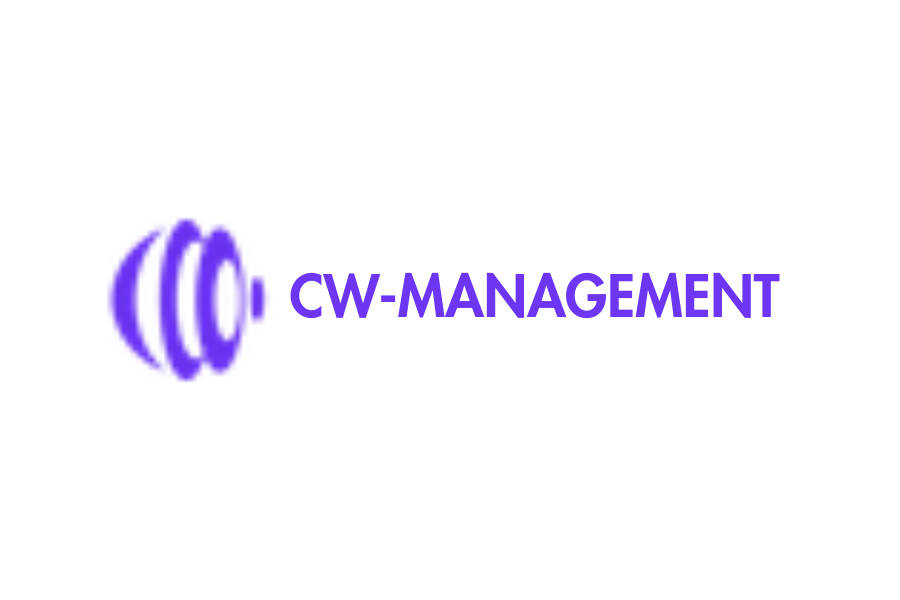Most blockchain and crypto related businesses in the US are in a constant battle with regulatory authorities in the country. One of the major issues that the industry battles against has to do with ICO token sales and ensuring that these remain within the confines of US regulations.
The Securities and Exchange Commission (SEC) filed a lawsuit against blockchain firm, Veritaseum, claiming that the firm’s ICO token sale was illegal. Veritaseum conducted a $15 million token sale before the SEC took the firm to court.
Last week, the SEC’s Cyber Unit got permission to freeze Veritaseum’s assets, and charges were filed against Reginald Middleton, the firm’s CEO. The charges claim that Veritaseum has been selling VERI tokens illegally because these tokens are unregistered securities.
The SEC goes on to say that Middleton’s company tried to find a way around regulations governing token sales by characterizing the VERI token as being similar to things such as software or gift cards. They say that the product being offered by Veritaseum constitutes securities fraud and it is consistent with a Ponzi or pyramid scheme.
Other wrongdoing cited in the filing by the SEC is that Veritaseum deliberately misleads their investors with regards to the blockchain company’s revenue. The SEC claims that different investors were given different facts about how the business venture operates and the revenue that is generated from the business.
But the blockchain company has responded to the lawsuit, and they claim that the regulatory body has twisted the facts of the token sale to suit their narrative. Middleton says that his firm’s token is not a security and these tokens only have utility functions.
According to a statement issued by Veritaseum, the tokens sold to the firm’s clients enable holders to gain access to the company’s research reports and as the company grows, access to the firm’s software platform. The tokens do not constitute an investment on the part of the holder, and neither are they securities.













